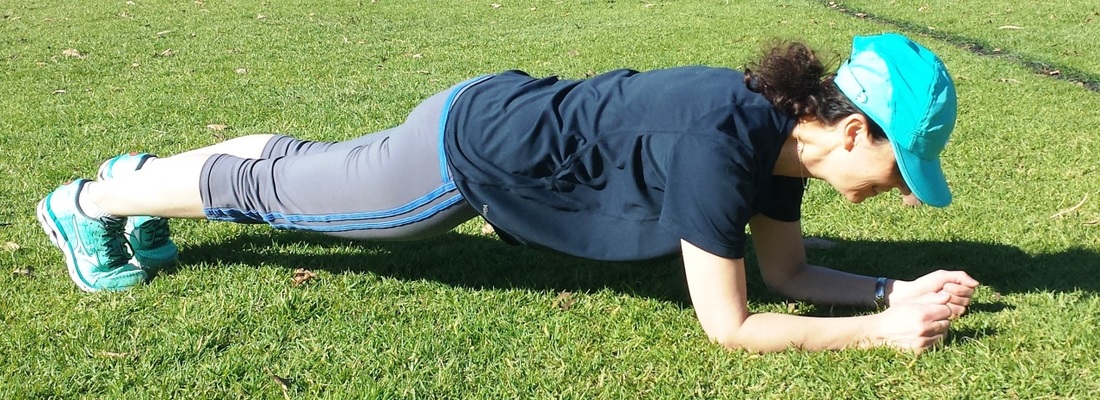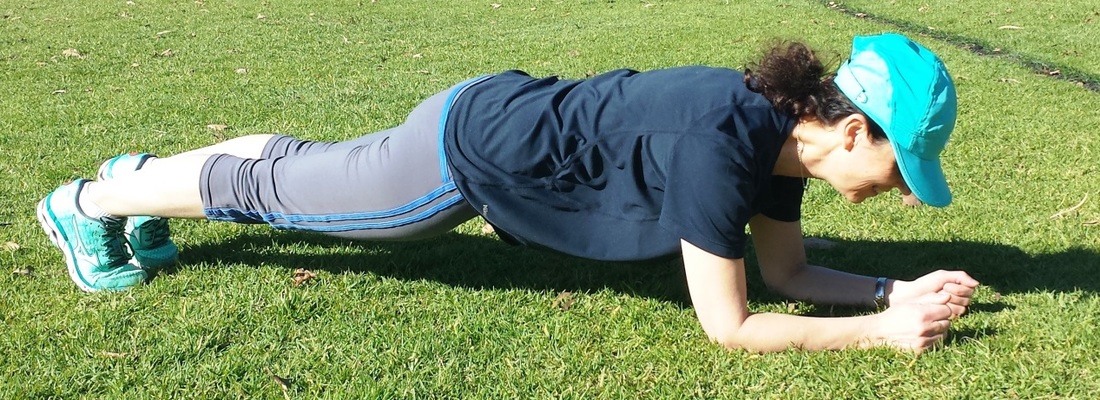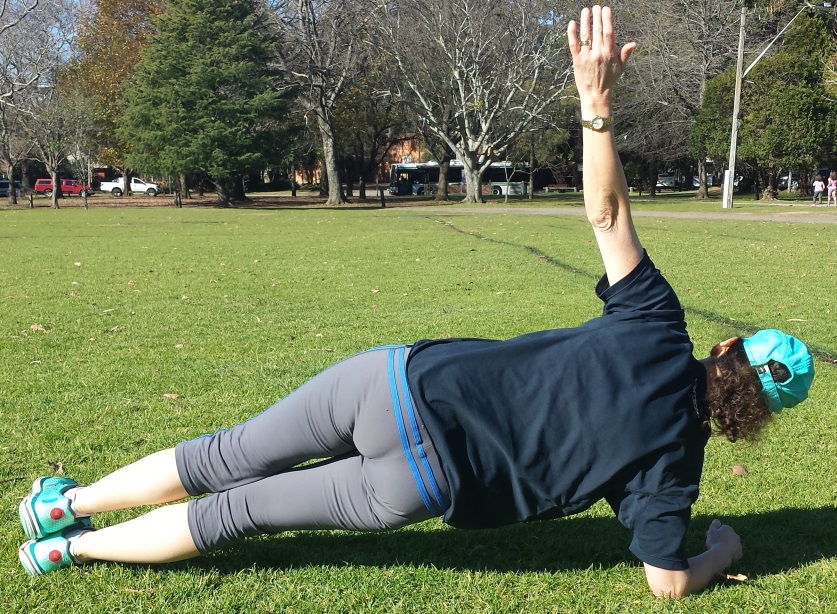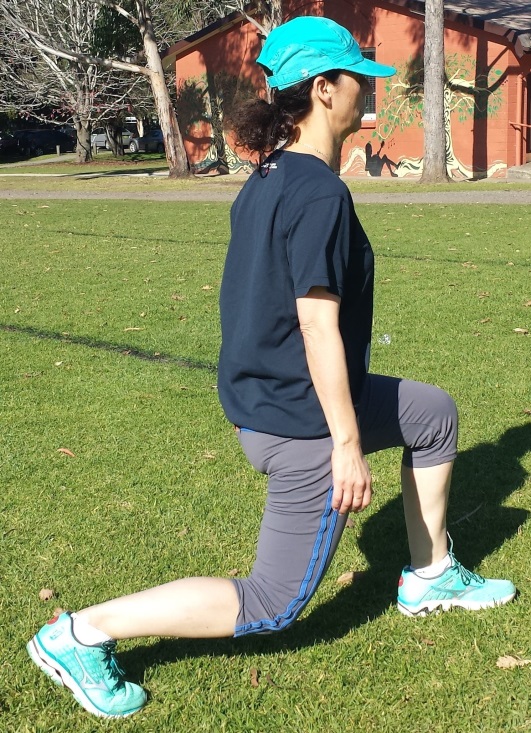 In many cases, ‘core stability’ is associated with strong abdominal muscles and the ability to withstand minutes of ‘plank’ position. In fact, core stability refers to the ability of all the muscles surrounding the trunk and hip to work together to allow stability (or stiffness) of the trunk in response to changes that occur to the spinal column. There is a link between poor core stability and musculoskeletal issues of the spine, hip, knee, ankle and foot. Hence, it is thought that improving one’s core stability will consequently improve one’s musculoskeletal problems. In a recent study from the British Journal of Sports Medicine, a study looked at the effectiveness of core strengthening in a supervised setting vs. unsupervised home exercise program vs. control. The program was over 8 weeks in total and participants committed to 2 sessions per week. The supervised group physically attended these sessions with a therapist, whilst the home exercise group were taught how to perform the exercises at the beginning of the program for them to carry out at home. The control group was asked not to change any of their physical activity levels throughout the 8 week period. Every participant went through a series of tests which measured their baseline core stability. These tests were repeated at the end of the 8 week period to compare the efficacy of the strengthening program. The program included the following exercises which include static and dynamic aspects of core stability: · Cat stretch · Abdominal muscle contractions in various positions · Dead bug/Bird Dog variations · Hip Abduction exercises · Swiss ball abdominal contractions · Lunge variations · Trunk twist variations After the 8 weeks, when the baseline was re-tested, it was found: · Supervised exercise group had significant improvements in both static and dynamic core stability vs. home exercise group · Home exercise group only improved in the static exercises vs. control We recognise that having good core stability is only one part of your overall wellbeing. However, this specific component may be the crucial factor in improving your condition. So, if you want to improve your core stability, we highly recommend that you have your baseline measured, and then get on to an 8 week program of 2 sessions per week, where you physically attend the sessions run by your qualified health professional. Figure 1 Plank Figure 2 Side Plank Figure 3 Lunge
0 Comments
Your comment will be posted after it is approved.
Leave a Reply. |
AuthorDavid McWilliams graduated from Macquarie University with a Doctor of Physiotherapy. He is a member of Australian Physiotherapy Association, Sports and Exercise Physiotherapy Australia, Sports Medicine Australia Archives
April 2021
Categories |



